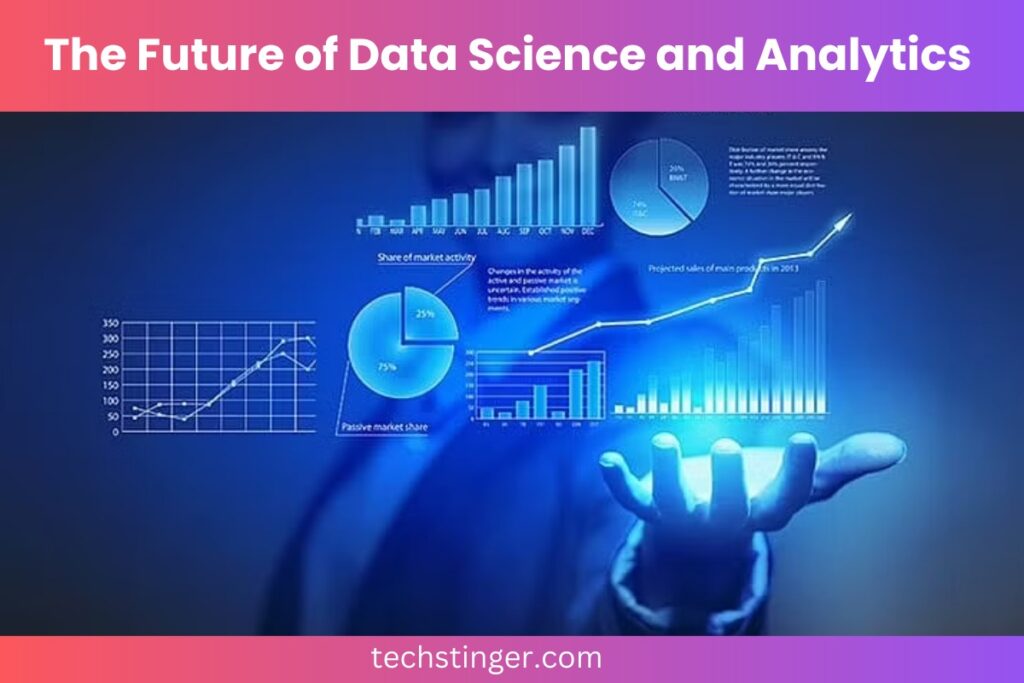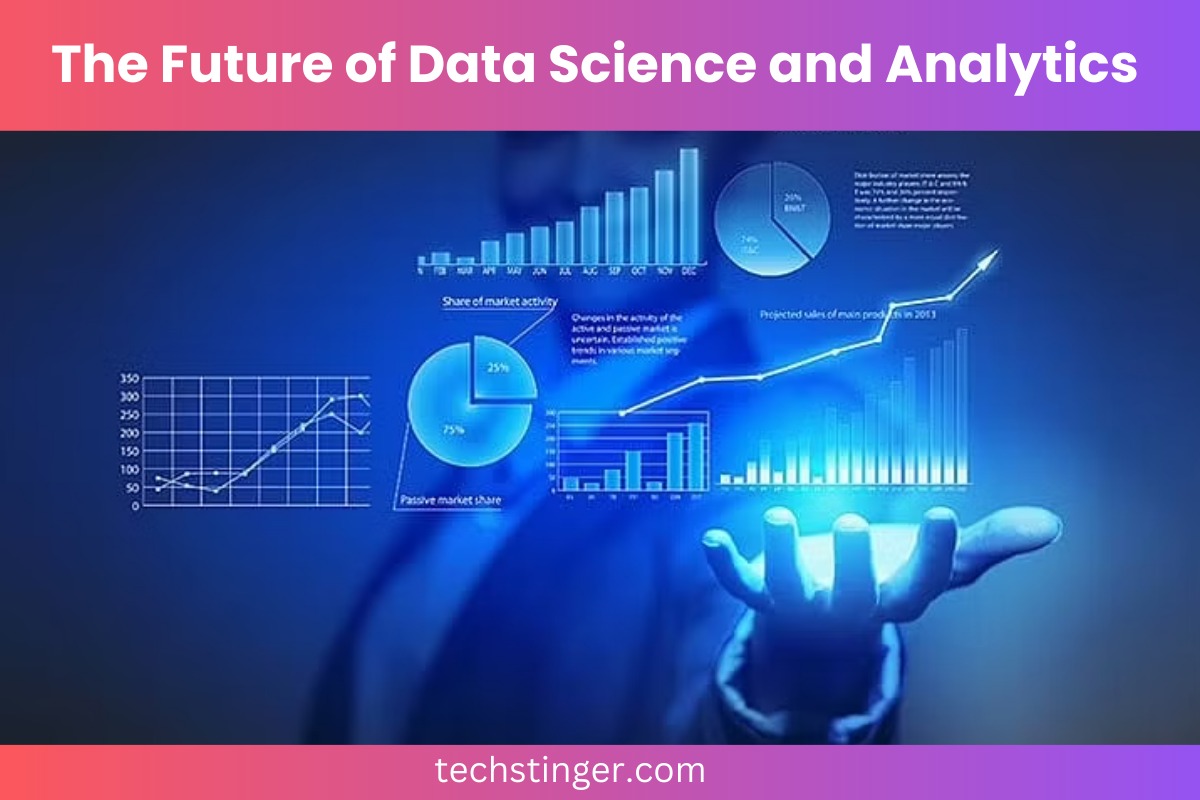The Future of Data Science and Analytics

In the ever-evolving landscape of technology, data science and analytics have emerged as powerful tools for businesses and industries worldwide. The increasing amount of data generated each day provides immense potential for organizations to gain valuable insights and make informed decisions. This article delves into the future of data science and analytics, exploring the trends, challenges, and opportunities that lie ahead.
The Power of Data
Data is the backbone of the digital age. As the world becomes more interconnected, the amount of data generated continues to skyrocket. From user interactions on social media to online shopping behavior, every digital action leaves a data trail. Businesses are recognizing the value of this data and are turning to data science and analytics to extract meaningful information from the vast sea of information.
Harnessing Big Data
Big data has become a buzzword in the tech industry, but its potential is more than just hype. The ability to process and analyze enormous datasets opens up new possibilities for decision-making and innovation. Companies are now employing sophisticated algorithms and machine learning models to uncover patterns, trends, and correlations that were previously hidden in the data.
The Rise of Artificial Intelligence
Artificial Intelligence (AI) is reshaping the data science and analytics landscape. As AI technologies advance, they bring automation and efficiency to data analysis, saving valuable time and resources. Machine learning algorithms can now detect patterns and anomalies in data without explicit programming, making data analysis more accessible to businesses of all sizes.
AI-Driven Predictive Analytics
Predictive analytics is set to become a game-changer in various industries. By using historical data and machine learning algorithms, businesses can anticipate future trends and customer behavior, enabling them to make proactive decisions and stay ahead of the competition. Whether it’s predicting customer churn or forecasting sales, AI-driven predictive analytics empowers organizations to take data-driven actions.
The Role of Data Ethics
As data becomes increasingly pervasive, concerns about data ethics are gaining prominence. The misuse of data, data breaches, and privacy concerns are all issues that need to be addressed in the future of data science and analytics. Businesses must prioritize data security, transparency, and consent to build and maintain trust with their customers.
Building Responsible AI
Responsible AI development is crucial to ensure that the benefits of AI are widespread and not limited to specific demographics. Eliminating biases from AI models, maintaining fairness, and explaining the decision-making process of AI systems are key components of ethical AI. Companies that embrace these principles will be better positioned to navigate the ethical challenges of data science and analytics.
Data-Driven Decision-Making in Industries
The future of data science and analytics extends far beyond just tech companies. Various industries are leveraging data to optimize their operations and deliver better products and services to their customers.
Healthcare Revolution
In the healthcare sector, data-driven insights are saving lives and transforming patient care. From diagnosing diseases more accurately to predicting outbreaks, data science is empowering healthcare professionals with life-saving knowledge. Additionally, the integration of wearable devices and health monitoring applications provides a continuous stream of patient data, enabling personalized and preventive healthcare approaches.
E-Commerce Personalization
E-commerce companies are utilizing data science to understand consumer preferences and provide personalized shopping experiences. By analyzing customer behavior, purchase history, and browsing patterns, these businesses can recommend products tailored to individual tastes, thereby enhancing customer satisfaction and increasing sales.
Challenges on the Horizon
Despite the promising potential of data science and analytics, several challenges need to be addressed for the field to continue flourishing.
Data Privacy Concerns
Data privacy remains a significant hurdle. As data becomes more valuable, the risks of data breaches and unauthorized access increase. Stricter data protection laws and regulations are necessary to safeguard sensitive information and ensure consumers’ trust in data-driven services.
Data Talent Shortage
The demand for skilled data scientists and analysts is soaring, but the supply remains limited. Addressing the talent shortage requires investments in education and training programs that equip individuals with the necessary data science skills.
Conclusion
The future of data science and analytics is teeming with possibilities. From harnessing big data and leveraging AI to making data-driven decisions in various industries, the potential for growth and innovation is immense. However, ethical considerations, data privacy, and the need for skilled professionals pose significant challenges that must be addressed. As we move forward, a responsible and collaborative approach to data science will shape a future that benefits businesses, industries, and society as a whole.
In conclusion, the power of data science and analytics will continue to shape the way we live and work, providing invaluable insights and driving progress in the digital age. Embracing data-driven decision-making and prioritizing ethics will pave the way for a brighter and more informed future.

